Corynoline
Corynoline is an isoquinoline alkaloid from Corydalis species, known for anti-inflammatory, antimicrobial, and hepatoprotective properties, explored for therapeutic applications in liver diseases and inflammation-related disorders.
Overview
Corynoline is notable for its broad spectrum of biological activities, making it a subject of interest in both traditional and modern pharmacological research. Its potential therapeutic benefits extend to various fields of medicine, including hepatology, immunology, and infectious diseases.
Corynoline Key Features
– Natural Source: Derived from the roots of Corydalis species, known for their medicinal properties.
– Bioactivities: Exhibits significant anti-inflammatory, antimicrobial, hepatoprotective, and possibly anticancer activities.
– Mechanism of Action: Works by modulating immune responses, inhibiting the growth of certain pathogens, and protecting the liver from toxic substances.
Corynoline Applications
– Inflammatory Diseases: Its anti-inflammatory properties make it useful in treating conditions like arthritis and other chronic inflammatory diseases.
– Liver Protection: Corynoline has been studied for its hepatoprotective effects, showing potential in treating liver damage caused by toxins or diseases.
– Antimicrobial Therapy: Demonstrates activity against various bacterial and fungal pathogens, suggesting its use in combating infections.
Corynoline Functions
– Immune System Modulation: Corynoline can influence the immune system, reducing inflammation and potentially enhancing the body’s defense against infections.
– Hepatocyte Protection: It protects liver cells from damage through antioxidative mechanisms and by modulating cell signaling pathways involved in cell death.
– Antibacterial and Antifungal Actions: Shows efficacy against a range of microbial agents by disrupting their growth and survival mechanisms.
Details
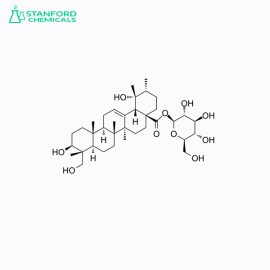
| Available Sizes | 30 capsules, 60 capsules, 120 capsules |
|---|---|
| Key Ingredient | High-quality, pure Pedunculoside extract |
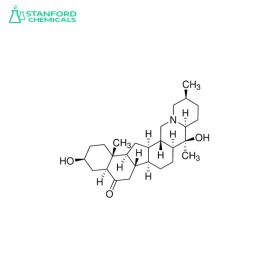
| Available Sizes | 30 capsules, 60 capsules, 120 capsules |
|---|---|
| Key Ingredient | High-quality Peiminine extracted from the finest Fritillaria bulbs |
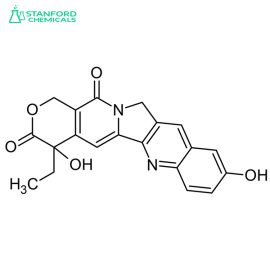
| Product Name | 10-Hydroxycamptothecin |
|---|---|
| CAS No. | 19685-09-7 |
| Molecular Formula | C20H16N2O5 |
| Molecular Weight | 364.35 |
| Botanical Source | Camptotheca acuminata |
| Purity | 98% HPLC |
| Appearance | Pale yellow powder |
| Package | 25 kg/drum |
| Storage | Stored in cool & dry places, protected from direct sunlight and heat. |
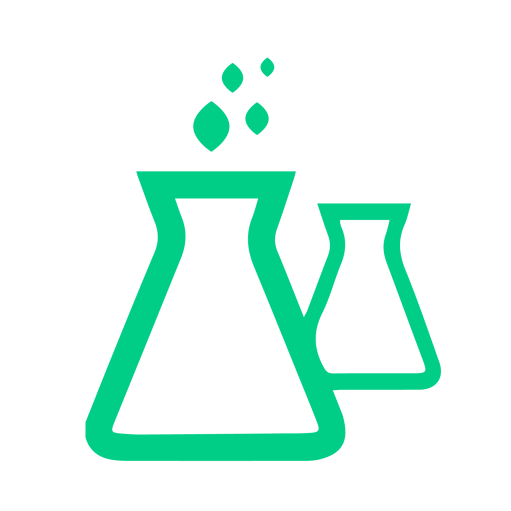
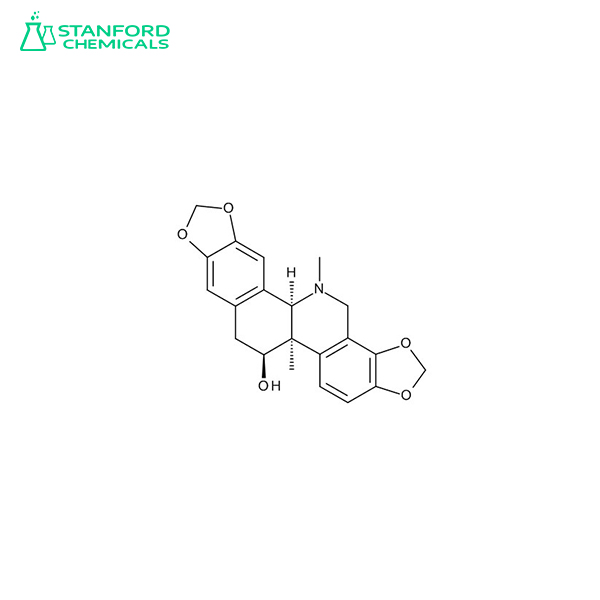
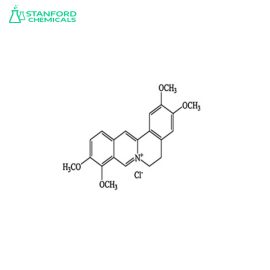
Reviews
There are no reviews yet.